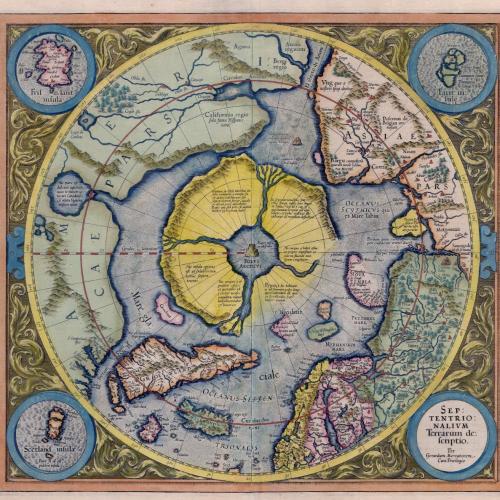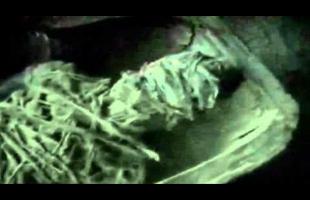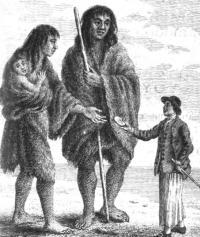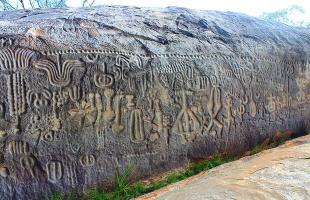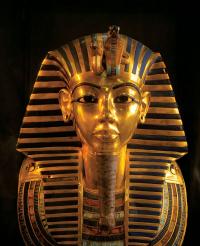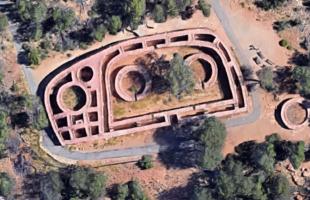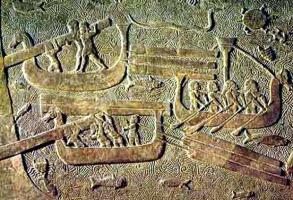What language did the inhabitants of Atlantis speak?

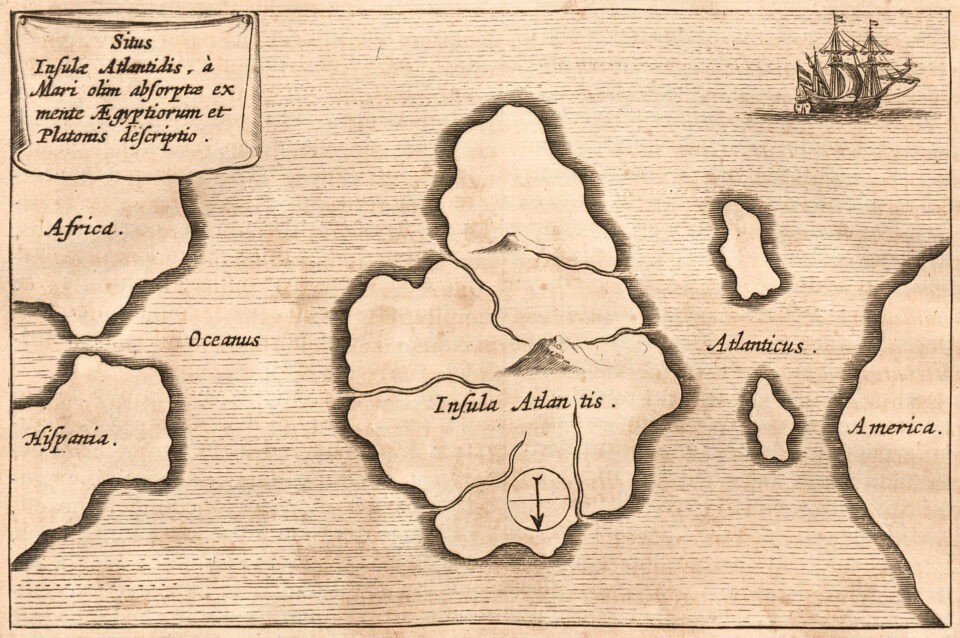
What was the language of the inhabitants of Atlantis? Tony O'Connell, editor of the Atlantipedia site, asked himself the same question (https://atlantipedia.ie/samples/language/), without however being able to find an answer. It may seem incredible that, despite the amount of ink spilled on the mythical lost island, no one has so far been able to satisfy this simple curiosity.
The reason for this failure is easily understandable: first of all, it is difficult to determine what the language of Atlantis was without first determining its precise location. Secondly, some scholars have made the mistake of mythicizing Atlantis, identifying it with a civilization that is almost "alien" to our planet, thereby misrepresenting the Platonic story which is extremely concrete and realistic.
Since we have already identified the precise position of Atlantis and we have identified the common thread between the Atlanteans (as well as the "prehistoric Athenians") and the current European populations, we should also be able to understand which language was spoken on the disappeared island. So let's try it.
Index
- The primitive Indo-European world
- The names of the kings of Atlantis
- Clues from genetics
The primitive Indo-European world
Let's first summarize our previous research on the topic. Atlantis had been identified by us with the submerged area around the current island of Rockall (little more than a rock), north-west of Ireland. As regards prehistoric Athens, we had followed the hypotheses of Felice Vinci, according to whom the city mentioned by Plato corresponded to Homeric Athens, located in southern Sweden.
According to our reconstruction, the Atlanteans had conquered all of what is now northwestern Europe, including the vast portion of land known as Doggerland, which occupied much of the North Sea 12,000 years ago. However, when they launched the attack on the Athenians, they were defeated by them. Shortly after these events, a cataclysm caused Atlantis to sink into the ocean, also erasing the "proto-Athenian" civilization (perhaps swept away by the tsunami caused by the sinking of the island?).
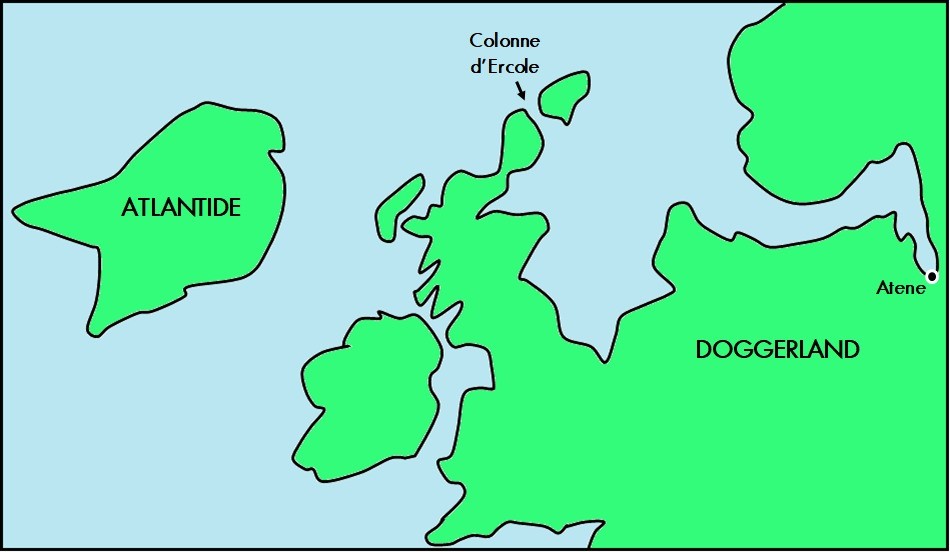
Many Indo-European peoples (or in any case of the Caucasian race) have in their myths more or less explicit references to an original Arctic homeland: however, the stay at the circumpolar latitudes certainly took place during the post glacial climatic optimum, which only began around 8000 BC; even earlier, during the Recent Dryas (10,800-9600 BC), it was northwestern Europe and southern Scandinavia, free from ice, that hosted civilization.
Was it a civilization that could already be defined as "Indo-European" or at least "Proto-Indo-European"? In theory no, since officially the Indo-Europeans would have made their appearance only a few millennia later; however, some scholars disagree with this chronology. We will revisit this topic later.
The names of the kings of Atlantis
Let us now try to understand what language was spoken in Atlantis. The most valuable information for our investigation comes from the Critias, in which the names of the kings of Atlantis are listed. Preparing to narrate the history of the island, Plato (through the mouth of the protagonist of the dialogue, Critias) makes the following premise:
I must preface a brief warning, lest you be surprised to hear me often use Hellenic names for barbarians. Here is the cause. Solon, wanting to use this story for his poetry, asked what exactly the meaning of these names was, and discovered that the Egyptians who had first written this story had translated them into their own language. He himself then, having found the meaning of each name, transcribed them a second time in our language.Critias, 113 BC
So we already have a first clue: the inhabitants of Atlantis spoke neither Greek (therefore they are defined as "barbarians") nor Egyptian. However, the Egyptian priests translated the names of the characters from the Atlantean language into Egyptian; Solon later translated them from Egyptian into Greek, and this is the form in which they have come down to us. However, a name has also been reported in its original form, and it will be precisely that that will allow us to solve the mystery…
The text goes on to list the names of the ten kings of Atlantis: five pairs of twins begotten by the god Poseidon in a mortal woman. The first of them was Atlas, who gave his name to the island and the sea that surrounded it (the Atlantic Ocean). And the twin?
His twin brother, born after him, had the extreme part of the island, on the side of the Pillars of Hercules, near that region which is now called Gadirica: he was called Eumelo in Greek, but Gadiro in the language of the country. And this name of him then became that of the country itself.Critias, 114b
Here is the name we were looking for: Gadiro (in the original text Gadeiros), whose Greek equivalent is Eumelo. Eumelo is composed of the prefix eu-, which associated with a name implies the concept of greatness, abundance, prosperity; and from melon, meaning "sheep, goat"; for this reason its meaning is interpreted as "rich in sheep" (or goats: it was a king shepherd, in short). To know the language of Atlantis, therefore, we will have to see in which language the name Gadiro can have a similar meaning to this one.
However, a first difficulty arises. In fact, as we know, languages evolve over time: even if we find a possible match in languages spoken today or in antiquity, how do we know if such languages existed in a similar form even 11,600 years ago?
We will try to answer this question later: as we will see a possible solution could lie in a different chronology of the origin of modern languages. In any case, we will refer to both the modern forms of the words and the ancient forms, attested or reconstructed by linguists.
So let's analyze the name Gadeiros. The suffix -os is common to many Greek names (including Eumelos himself), which is why the original name could simply be Gadeir. Concerning the first part (Gad-), we immediately find an affinity with the terms that in the Germanic languages indicate the goat: goat in English, gāt in Old English, gait in Scottish, *gaits in Proto-Germanic (the asterisk indicates that it is a reconstructed form, unattested by writing). Similar terms with analogous meaning are found in the Celtic languages: gavr in Breton, gaver in Cornish, gabor in Old Irish. According to some hypotheses, the proto-Celtic term would have been *gabros, while according to others *gaid.
As for the second part of the name (-eir), here too we find an affinity with the Germanic languages: in English and Scottish heir in fact means "heir". This term (including analogous terms in Celtic languages, such as Middle Irish eigre) appears to have descended from the Old Frenc heir, itself derived from the Latin heres. Therefore the second part of the name Gadeir would be linked to the meaning of "heir": Gadiro would be "the one who inherits/owns the goats", a meaning similar to that of the name Eumelo.
All this would suggest that a proto-Germanic or proto-Celtic language was spoken in Atlantis (it is probable that at the time the difference between the two linguistic families was less than the current one): this is consistent with the location of the island in our hypothesized, north-west of Ireland (ie the region defined as "Gadirica").
This reconstruction, however, presents a couple of problems: the first, which we had already mentioned, is the fact that languages evolve, and in the X millennium BC, according to the official chronology, there still did not exist an Indo-European language (let alone Proto-Germanic or Proto-Celtic); the second is that, according to a still controversial theory, the Germanic and Celtic languages (in particular the latter) would have had a Semitic language anciently spoken in Europe. We will therefore try to shed light on these two aspects by taking into consideration the information provided by genetics.
Clues from genetics
Is there a relationship between DNA and spoken language? Even those who have never done extensive studies on the subject will recognize that such a relationship actually seems to exist: different peoples often speak different languages or different dialects of the same language. This detail has not escaped some geneticists (including the famous Luigi Cavalli-Sforza), who have discovered that the main linguistic families correspond to groups of populations identifiable with genetics.
In the light of these data, the linguist Mario Alinei developed the so-called Paleolithic continuity theory, according to which the origin of European languages (obviously including the Indo-European ones) should be dated back by many millennia, right up to the Paleolithic. The Indo-European diaspora, in this model, is replaced by a gradual migration of Homo sapiens into Europe, clearly much earlier than the historical epoch.
It is true that many data (not only linguistic, but also mythological) support the "traditional" theory of the Indo-European invasion; it is true, however, that the origin of the main Indo-European linguistic families is difficult to place in time, given the lack of written documents before a certain era; this does not allow us to exclude with certainty that some languages were already "differentiated" (albeit different from now) at the time of Atlantis.
Returning to genetics, we had already seen how the diffusion of haplogroup R1b seemed to radiate from northwestern Europe; indeed, right from Rockall! We therefore hypothesized that almost all the inhabitants of the island were carriers of this haplogroup, often associated with red hair (probably most were of blood group 0, still the most common in neighboring Ireland). The spread of haplogroup R1b is associated with that of the Italo-Celtic languages (Indo-European); however the Basques, who have a high percentage of R1b in their population, speak a non-Indo-European language: this means that the presence of R1b in high percentages does not give us the certainty that the people of Atlantis spoke an Indo-European language.
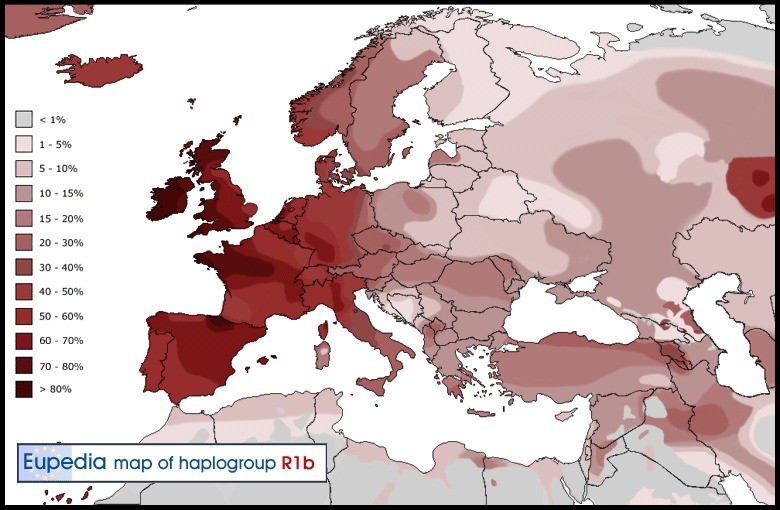
We now come to the hypothesis of Semitic influence. As we had mentioned, the Celtic languages have singular affinities with the Semitic ones, so much so that the German linguist Theo Vennemann hypothesized that the latter served as a substrate for the former. Well, among the words that seem to be borrowed from Semitic to Celtic (as well as Germanic) languages there is precisely the term “goat” (gd in Phoenician, gadû in Akkadian, gady in Arabic)!
In light of this, the meaning of Gadiro could also be traced back to the Phoenician Gd-addir (later to become Gaddir by haplology), i.e. "powerful goat". It is a name that may appear ridiculous to us; however, let us remember that the goat was a very important animal for the ancient civilizations of the Near East (it was, among other things, one of the symbols of the Sumerian god Enki).
But is there any genetic link between Celtic and Middle Eastern peoples? Most scholars argue that the colonization of Europe began from Asia, first by Neolithic farmers and then by the Indo-Europeans. This study asserts that it was during the Bronze Age (beginning of the 2nd millennium BC) that the Indo-Europeans brought haplogroup R1b and genetic mutations to Ireland that are still typical of the Irish population; the genome of a woman who lived in the Neolithic era (about a thousand years before), instead revealed a Middle Eastern origin!
This would seem to close the circle: if the ancient inhabitants of the British Isles (and, therefore, of nearby Atlantis) were Semites, the Atlantean language also belonged to the Semitic family. It is difficult to say which language it was (proto-Phoenician, proto-Berber, etc.): in any case it was certainly known by the Egyptians, who in fact managed to translate the names of the kings of Atlantis into their own language. Later the "language of Atlantis" would influence that of the Indo-European colonizers of the British Isles, leading to the formation of the modern Celtic languages.
The mystery of the Atlantean language would therefore seem solved. As we have seen, however, there are still some unclear aspects: was haplogroup R1b, which seems to have spread from west to east, already present in Europe (including Rockall) during the Recent Dryas, as the Paleolithic continuity theory would have it? Or did it arrive in the British Isles several millennia later, brought by Indo-European invaders? Perhaps the key to the enigma lies in the divine origin of the kings of Atlantis, which could allude to a different lineage: an Indo-European people who colonized an island inhabited by Semitic peoples? The question, for the moment, remains open: however, I wanted to present different points of view so that the reader can form his own idea on the subject.
Note
This article is an english translation of the italian article "Che Lingua Parlavano gli Abitanti di Atlantide?" by Merlo Bianco. You can find the original article here: https://merlobianco.altervista.org/che-lingua-parlavano-gli-abitanti-di-atlantide/









